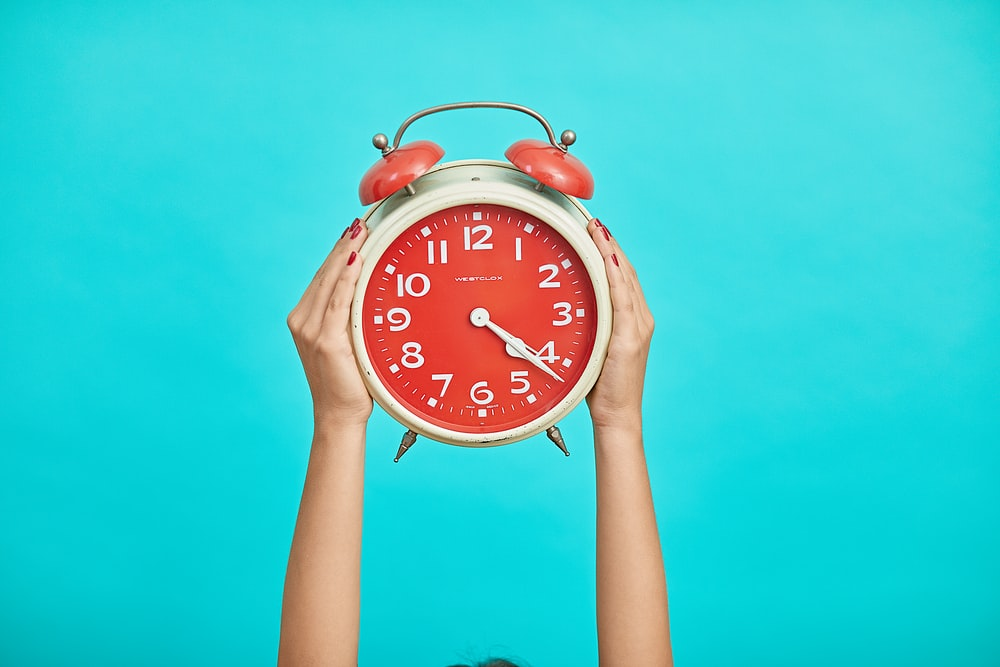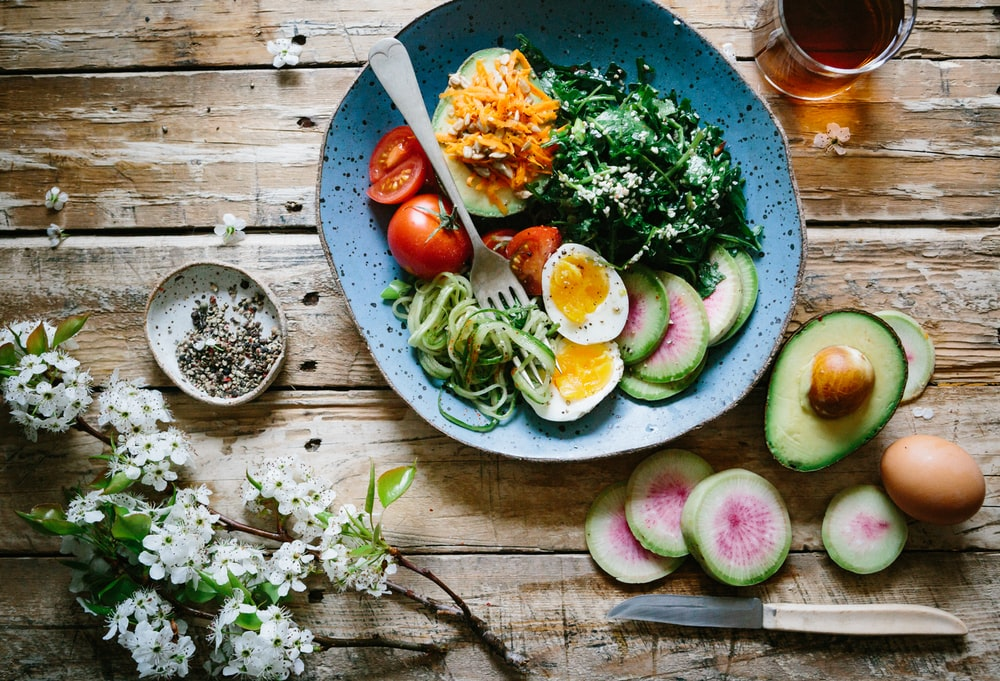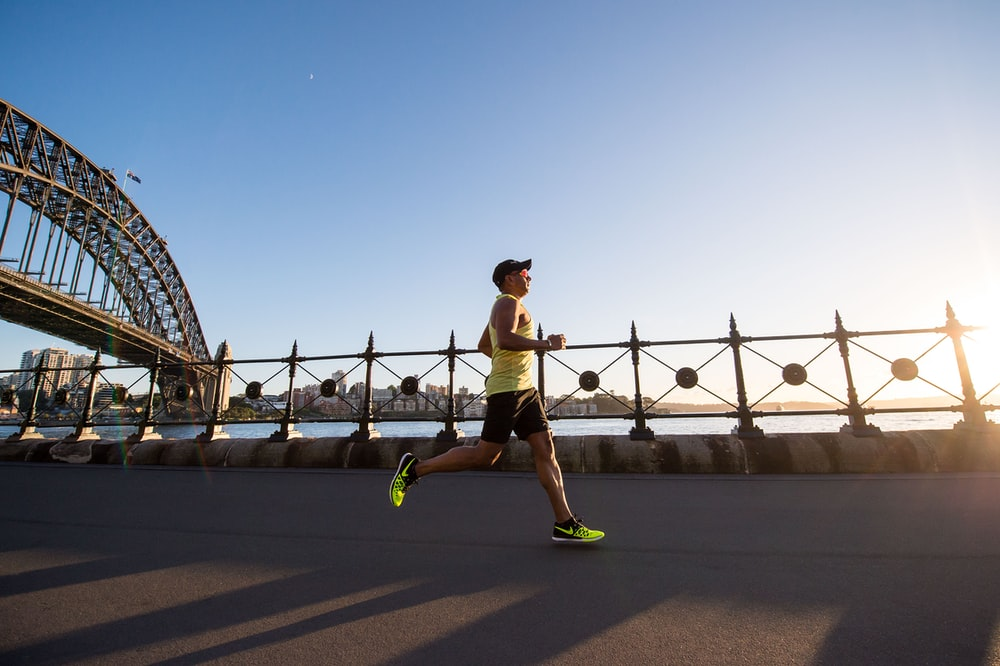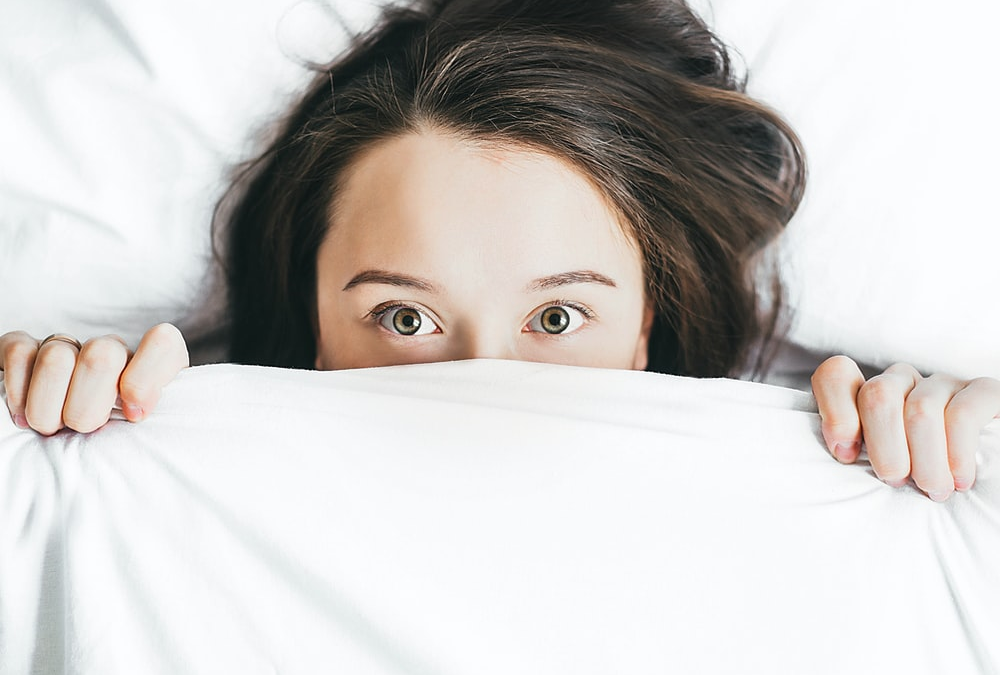Are you tired of tossing and turning in bed trying to fall asleep? You’re not alone.. Sleep-related issues are one of the most prevalent health problems that usually arise due to underlying conditions.
Poor sleep can impact your life negatively, affecting your hormones, brain function, overall health, etc. If you’re worried your sleepless nights can eventually turn into serious health issues, don’t worry; we have some simple tips for good sleep.
Follow a Sleep Schedule

Experts recommend getting at least 7 to 8 hours of sleep for a healthy body and mind. Most adults don’t require more than the recommended hours for a well-rested body. A helpful tip for improving your sleep is to stick to a schedule. Individuals experiencing insomnia often can’t sleep, but when they do, they sleep and wake up at odd times, further complicating things.
When you go to bed and wake up at the same time, irrespective of the weekdays or weekends, your body eventually adapts to this schedule.
If you can’t fall asleep within 20 to 30 minutes of lying down, do something relaxing or engage in an activity to drain you. Falling asleep when you’re tired can be easier, but don’t forget to stick to your sleep schedule.
Get Ample Sunlight During the Day
As surprising as this may sound, light exposure can also affect your body’s sleeping abilities. Our bodies have a natural internal clock called a circadian rhythm. This time-keeping clock affects your body, brain, hormones, etc., helping your body sleep and stay awake.
When your body receives natural or bright light during the day, it keeps your circadian rhythm healthy. This can improve your energy levels during the day, nighttime sleep, etc. In simpler words, your body stays awake during the day and gets quality sleep during the night.
Therefore, for individuals struggling to fall asleep, natural and bright light exposure during the day can do wonders, improving their sleep duration and quality. According to research, it also decreases the time it takes to fall asleep by almost 83%.
A study in older adults with sleep disturbances indicated that a 2-hour daytime bright light exposure boosted sleep efficiency by 80% and sleep duration by 2 hours. While most of these studies show noticeable results for individuals with severe sleep problems, sufficient light exposure can improve your sleep.
Try stepping out regularly in the sun or using light boxes to maximize light exposure.
Pay Attention to Your Diet

If you want to improve your sleep, what you eat and drink is equally important as a good sleep schedule. For instance, overeating or having heavy meals before bedtime can make it difficult to sleep. Similarly, sleeping on an empty stomach won’t let you sleep peacefully either. Considering that, you need to be cautious of what drinks you consume.
Consuming caffeine, nicotine, alcohol, etc., before bed or within 4 to 5 hours of bedtime can interfere with your sleep, keeping you up longer than usual. So, be cautious of what you eat and drink, especially before sleeping.
Limit Daytime Naps
We understand how helpful a power nap can be, especially when you’re not getting enough sleep at night. But irregular and lengthy daytime napping can affect your sleep. When you take long naps during the day, your body gets the rest it needs. As a result, your body isn’t tired enough to fall asleep at night.
Think about it; sleepless nights drain your body, but if you compensate with daytime naps, your body will eventually adjust to this schedule, messing with your internal clock. So, avoid long naps during the day. Even if you do fall asleep, keep your naps short.
Improve Your Bedroom Environment
Can’t sleep during the night? Try optimizing your bedroom. Sometimes, your bedroom’s atmosphere can also help you sleep better. Various studies show that external disturbances can lead to poor sleep and health issues.
Another study showed that almost 50% of the participants slept better when disturbances, such as light and noise, were diminished. So, with easy tips, you can improve your room’s environment, leading to better sleep.
All you need to do is minimize light and noise while ensuring no additional disturbances occur to wake you up.
Get Your Daily Dose of Exercise

Are you fed up staring at the ceiling desperately, waiting for sleep? An excellent way to improve your sleep is through daily exercise. Plus, it will also improve your health. Most experts recommend exercising since it can enhance sleep while improving insomnia. The golden rule to improving your sleep with exercise is the right time.
If you’re exercising late in the day, it might not give you the results you’re looking for. This is because exercising can increase alertness, releasing cortisol and adrenaline. Therefore, make sure you exercise in the morning or before noon.
Get Professional Help to Improve Sleep Efficiency with A Better Snooze!
Have you had enough sleepless nights? Want to improve sleep efficiency? A Better Snooze can help get a better snooze.
A Better Snooze is a recognized name for sleep help services in the healthcare industry, offering a natural approach to help increase sleep efficiency amongst adults facing sleep-related problems. The professionals at A Better Snooze offer professional sleep coaching in Texas.
Their consultants conduct a comprehensive assessment of each client to comprehend their condition. Once they have a thorough analysis, they offer a personal and natural sleep plan, after which they effectively track their client’s progress to ensure their symptoms are alleviated.
Schedule your free consultation with them today and get a step closer to a better snooze.
About the Author
Christian T. has been a leading sleep psychologist for over two decades. During his career, he’s helped individuals with various sleep-related disorders working with top consultancies. Besides helping individuals with sleep-related disorders, he also shares his expert knowledge online.


